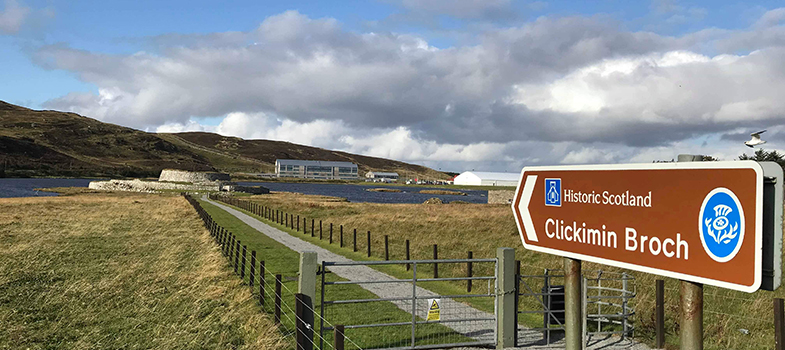Unit 16: Scots abroad
Introduction
For centuries before the modern linguistic tension between Scots and English developed, Scots was simply the mother tongue of the vast majority of Scots who lived outside the Gaidhealtachd, the area of Scotland – mainly the Scottish Highlands and Islands – in which Scottish Gaelic was the vernacular speech.
Scots was also the langage of Scottis natioun in which their laws, literature and history were written. As such, people who spoke Scots took it wherever they went throughout their lives. This unit will give you examples from all across the world – but I am sure there are many more awaiting rediscovery in aw the airts the wind blew the Scots in the 19th century.
In this unit, I, Billy Kay give a personal account of examples of Scots language abroad, which I have come across on my travels and in my research. When studying the unit, you will be introduced to examples for how Scottish people took the Scots language abroad, the different forms in which Scots language had an influence abroad, and what impact the use of Scots by emigrants in exile had on the Scots language as a whole.
You will learn that the Scots language was key to many exile communities’ sense of identity and belonging. This unit will also provide examples of Scots language abroad in different parts of the world and highlight that the Scots language was shaped by other languages, examples of which can be seen in many contexts today.
Important details to take notes on throughout this section:
- how links with Scandinavia have influenced the Scots language
- the ties of Scots with countries across Europe
- the lasting impact of the Scots language on North America and Canada as well as the Southern Hemisphere
- how Scots abroad was shaped by other languages
- the role of song and poetry and carrying Scots around the globe.
Activity 1 
Before commencing your study of this unit, you may wish to jot down some thoughts on the important details we suggest you take notes on throughout this unit. You could write down what you already know about each of these points, as well as any assumption or question you might have.
When going through this unit, it might be particularly useful to compile a list of Scots words to ‘take away’ from this unit, as these are often still in use and show Scots’ close links with other languages, which strongly underlines the nature of Scots as a language in its own right.
